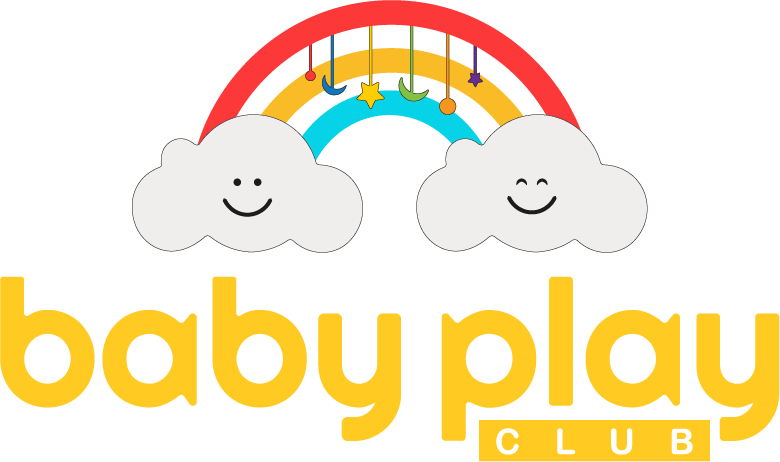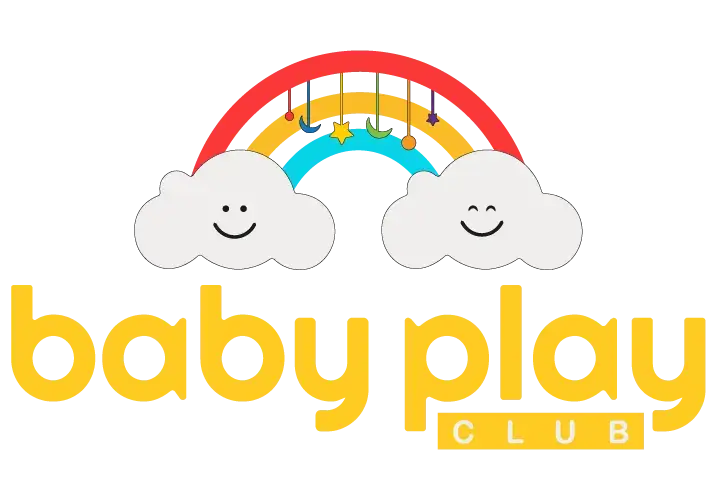Do Baby Swings Cause Brain Damage? What You Need to Know
Imagine having a magical chair that sways gently, calming your baby and giving you a few moments of peace. That’s what a baby swing does!
Thus, it’s like a cozy cradle that moves back and forth, making babies feel happy and safe. People love baby swings because they help babies relax and can be a blessing for tired parents.
However, some worry whether these swings might harm their baby’s delicate brains. You should learn the answer to “Do baby swings cause brain damage?” Let’s explore the facts and ensure you know how to use baby swings safely.
What is a Baby Swing?
A baby swing is like a special chair suspended by ropes or chains. Babies can sit in it, and it swings them gently. This imitates how parents hold and rock them.
These swings often have fun features like music and toys. It makes them even more enjoyable for babies.
Why Should Parents Buy Baby Swings?
Parents adore baby swings because they can be a lifesaver! Picture this: your little one is fussing, and nothing seems to calm them down.
That’s where the baby swing steps in. Its rhythmic movement soothes babies, making them feel snug and content. Plus, it’s not just a break for parents; it’s also a source of comfort for babies.
- Soothing Comfort: Baby swings provide a gentle rocking motion that calms fussy infants, offering much-needed relief for babies and parents.
- Hands-Free Time: Parents can attend to other tasks while their baby enjoys the swing, allowing for a momentary break from holding or rocking the baby.
- Enhanced Sleep: The rhythmic motion of baby swings often helps babies fall asleep, promoting longer and more peaceful nap times.
- Entertainment: Many baby swings come with built-in music, toys, or mobiles, offering entertainment and sensory stimulation for babies.
Concerns About Baby Swings & Brain Health (Do Baby Swings Cause Brain Damage?)
With all the love for baby swings, some worries have cropped up. People wonder if the swinging motion might somehow hurt a baby’s delicate brain.
It’s important to tackle these concerns with accurate information. So, do baby swings cause brain damage?
Are Baby Swings Safe for Your Baby’s Brain? Yes, baby swings are safe for your baby’s brain when used correctly. They are designed to keep the baby safe and do not cause brain damage.
Choosing an age-appropriate swing, assembling it properly, supervising your baby, securing it with safety straps, and ensuring gentle swinging are essential.
Following these guidelines, baby swings provide your baby with a safe and soothing experience.
How to Use Baby Swings Safely: A Must-Know Guide
Now that you know baby swings are safe, it’s crucial to understand how to use them properly. Let’s go through some essential safety tips:
Step 1. Choosing the Right Swing
Pick a baby swing that matches your baby’s age and size. Swings come in different types, so select one that suits your little one’s needs.
Step 2. Setting Up Safely
Read the instructions carefully when assembling the swing. Make sure it is stable and all the parts are fixed securely. A well-assembled swing is a safe swing.
Step 3. Supervision is Key
Never leave your baby alone in the swing. Always keep an eye on them. Babies might wiggle and move, so it’s important to ensure they are always secure and comfortable.
Step 4. Strapping in your Baby
Every swing has safety straps. Use them! Fasten your baby securely so they can enjoy the swing without any risk of falling out.
Step 5. Gentle Swinging
While swings are meant to move, avoid swinging too hard. A gentle back-and-forth motion is calming for babies. Moreover, it’s not a race; it’s about making your little one feel relaxed.
What are the Signs of Concern to Look for?
Besides using baby swings safely, parents must be aware of signs that might indicate a problem with their baby’s brain health.
So, to answer your query, do baby swings cause brain damage? Here are some signs to watch out for include:
- Seizures are sudden, uncontrollable movements that might look like twitching or shaking.
- Vomiting: Frequent and persistent vomiting, especially after feeding, could indicate a problem.
- Lethargy: If your baby seems unusually tired and unresponsive, it might cause concern.
- Feeding Difficulties: Trouble with feeding, like difficulty sucking or swallowing, should be discussed with a healthcare professional.
- Muscle Issues: Look for unusual stiffness or floppiness in your baby’s muscles.
- Delays in Development: If your baby is not meeting important developmental milestones such as sitting, crawling, or talking, it is crucial to consult a doctor.
Recognizing these signs and seeking medical help promptly can significantly impact your baby’s health and well-being. Early intervention can make a substantial difference in supporting their development.
Bottom Line
So, baby swings can be amazing tools for comfort and relaxation for infants and parents. When used correctly, they are safe and can provide much-needed relief for you and your baby.
Remember to select the appropriate swing, set it up correctly, closely supervise your baby, securely fasten them with safety straps, and ensure gentle swinging.
Following these straightforward guidelines, you can create a secure and soothing environment for your baby, ensuring an enjoyable and worry-free experience with the baby swing.


